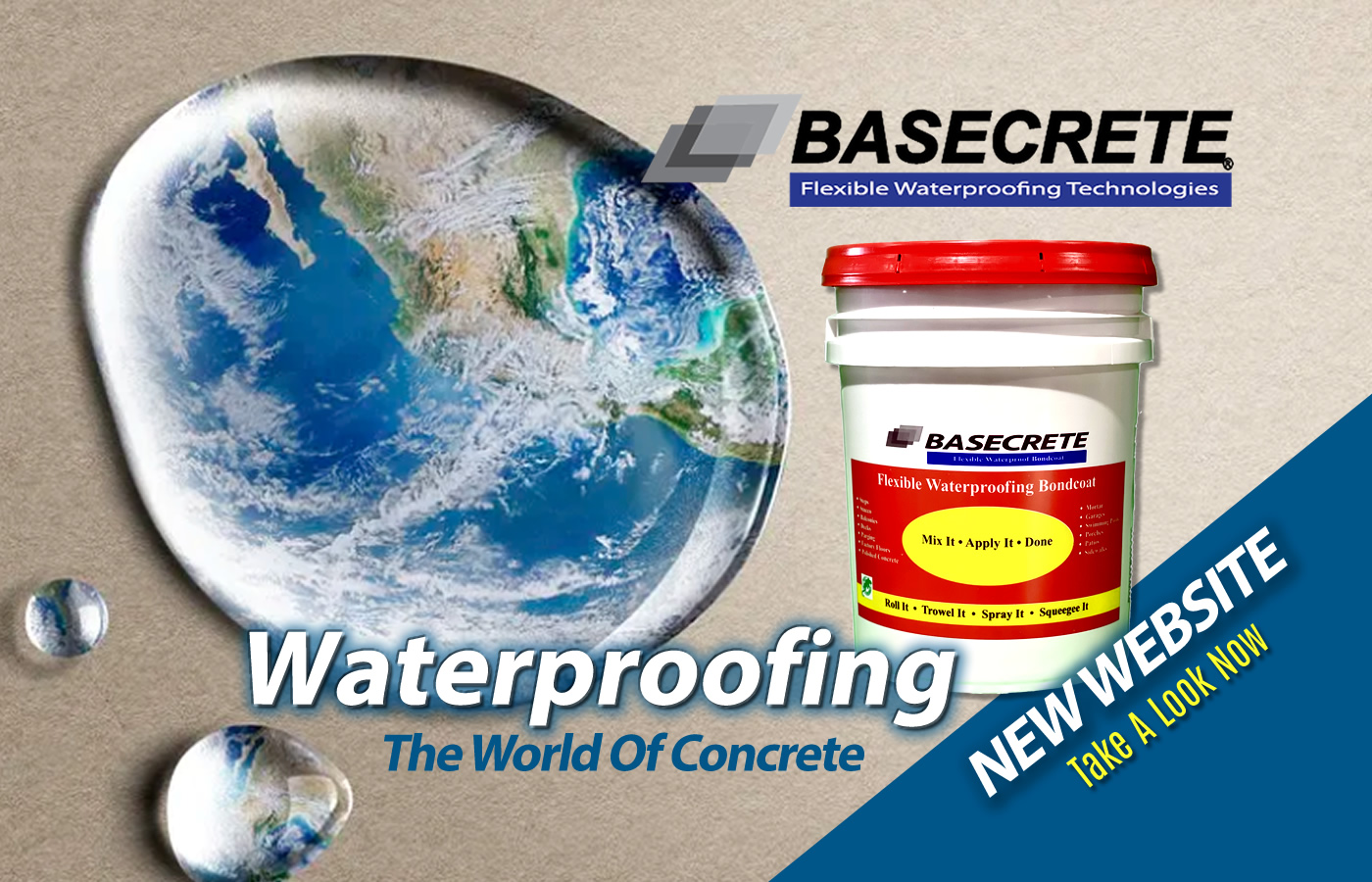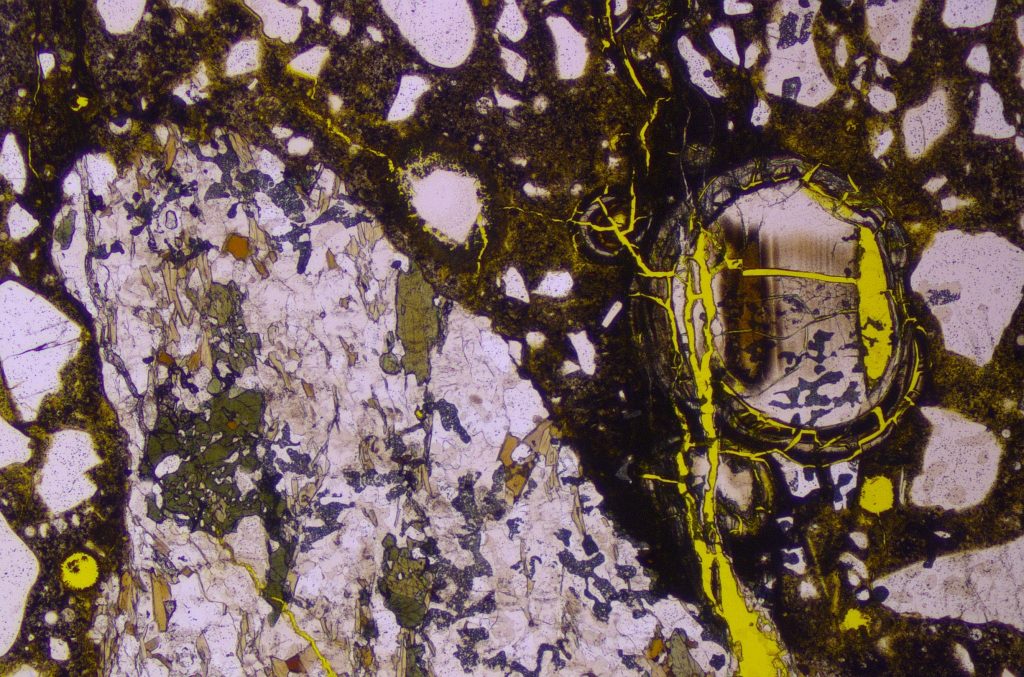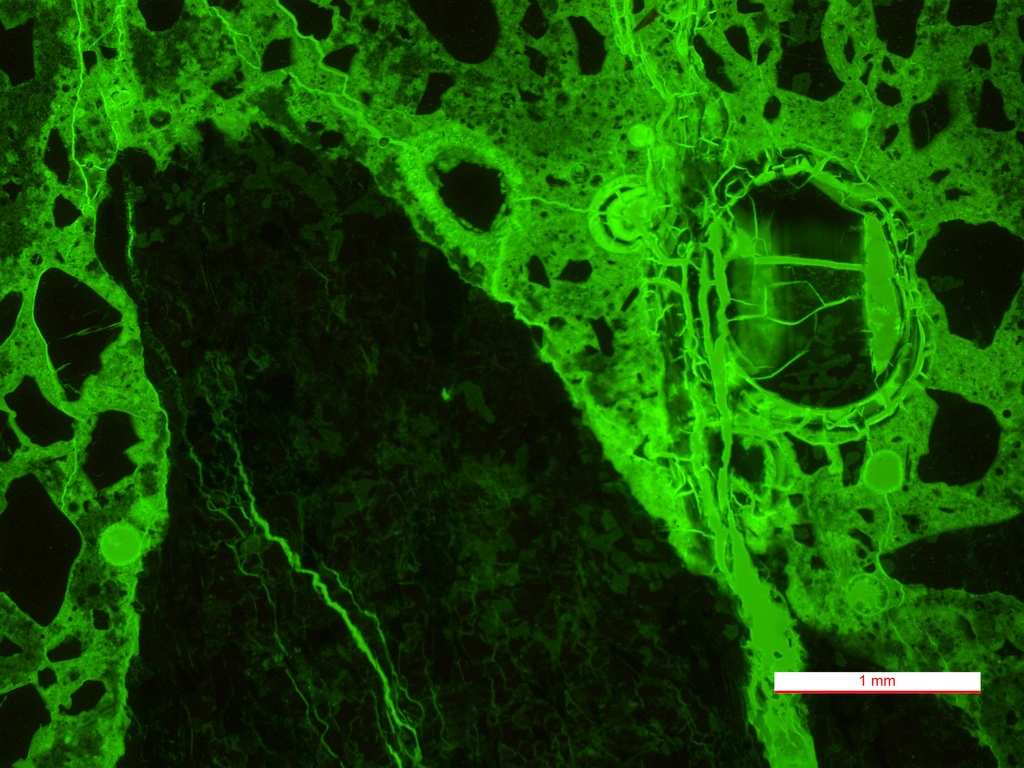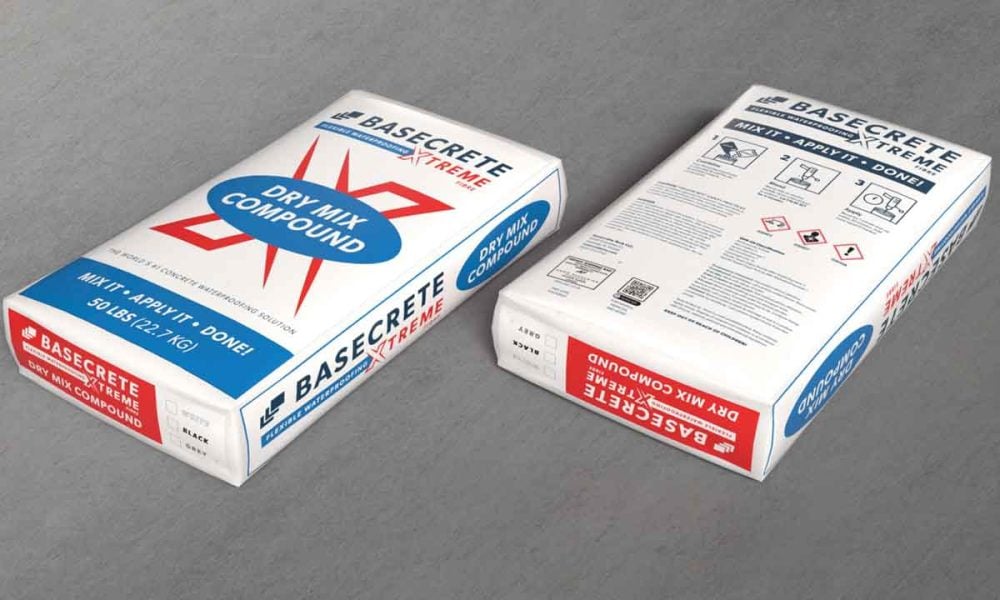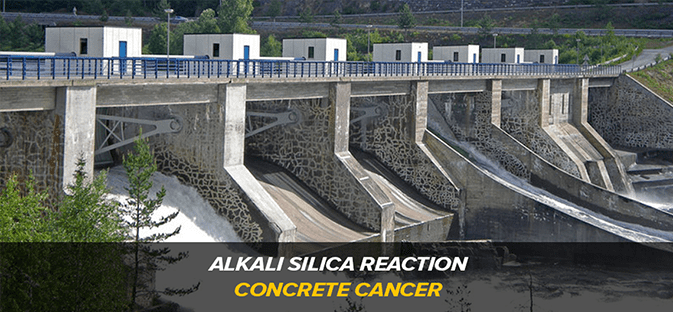Im in the middle of my DIY build and we'll be shooting gunite on Friday!
Looking to try anything I can to stregthen the shell and prevent concrete cancer. My pebblesheen sub recommended Basecrete unsolicited, so that perked my ears. Basecrete Intercept looks like a cost effective and and easy way to achieve this.
How long after the shell is shot should I wait to apply? Also, any special surface prep you recomend?
Looking to try anything I can to stregthen the shell and prevent concrete cancer. My pebblesheen sub recommended Basecrete unsolicited, so that perked my ears. Basecrete Intercept looks like a cost effective and and easy way to achieve this.
How long after the shell is shot should I wait to apply? Also, any special surface prep you recomend?


